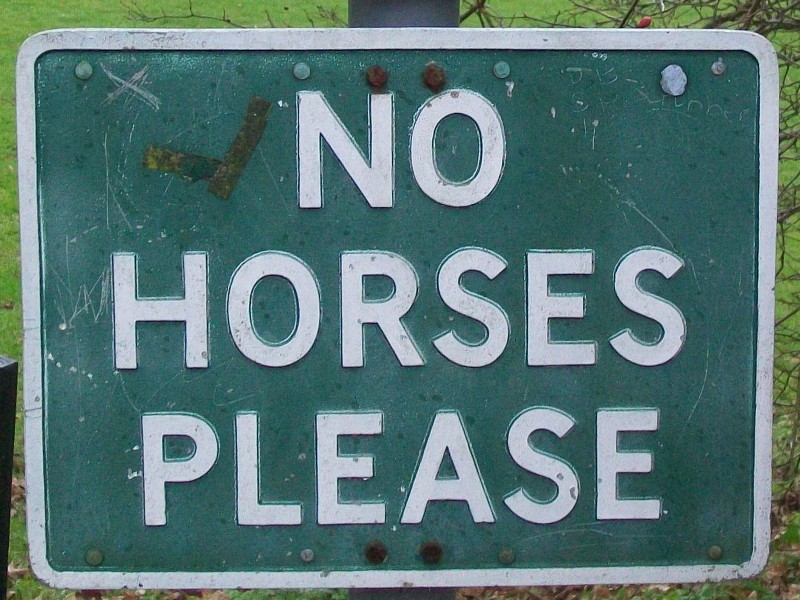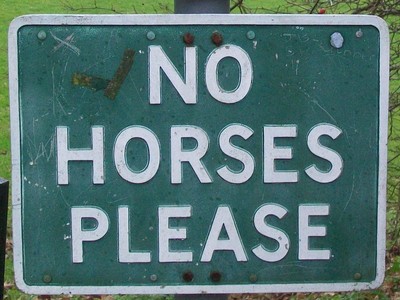

In what may prove to be a last ditch effort, the California Online Poker Association (COPA) has publicly pledged its support for California’s online poker bill (SB 1463) if certain changes are made.
The biggest of the proposed changes to SB 1463 is the elimination of racing associations as eligible license applicants.
Earlier this week Senator Rod Wright, a co-sponsor of the bill, said the bill could advance if two certain tribes supported SB 1463. Though he declined to mention which tribes, he did say: “there are two … that tend to hold more [clout] than the others.”
However, tribal interests are still divided. Just yesterday, the California Tribal Business Alliance urged lawmakers not to make any “last minute, back-room brokered deals,” and vowed to oppose such deals “until the final minute of this legislative session.”
Fear that the Federal government could pass legislation that would in effect prevent California from maximizing its profits from online seems to be less than required to motivate state gambling interests that just cannot find common ground.
But many in the state are ready to move forward before the current legislative session ends at the end of the month. “Delay simply for the sake of delay is not an option anymore for California,” stated Ryan Hightower, a spokesperson for COPA. “California cannot afford to give up 1,300 jobs and $1.4 billion in new revenue for California over the next ten years by further delaying online poker legislation.”
SB 1463 has been stagnant since its introduction earlier this year. Previous amendments were introduced in June in an attempt to rally support behind what had been up to that point a strongly contested bill. However, minutes before a Senate committee hearing to discuss the bill, it was dropped from the agenda due to a universal lack of support.
COPA is an organization representing 31 brick-and-mortar casinos and 29 Indian gaming tribes. In 2011 it backed SB40, one of two legislative attempts to regulate online gaming in the state. Both attempts failed to garner enough support.

